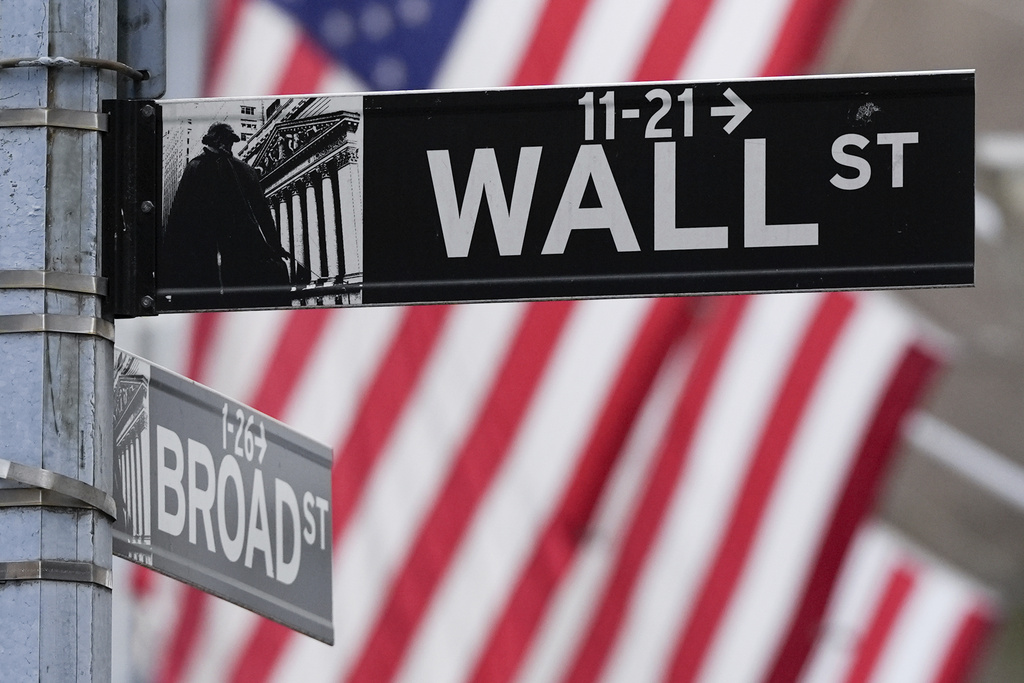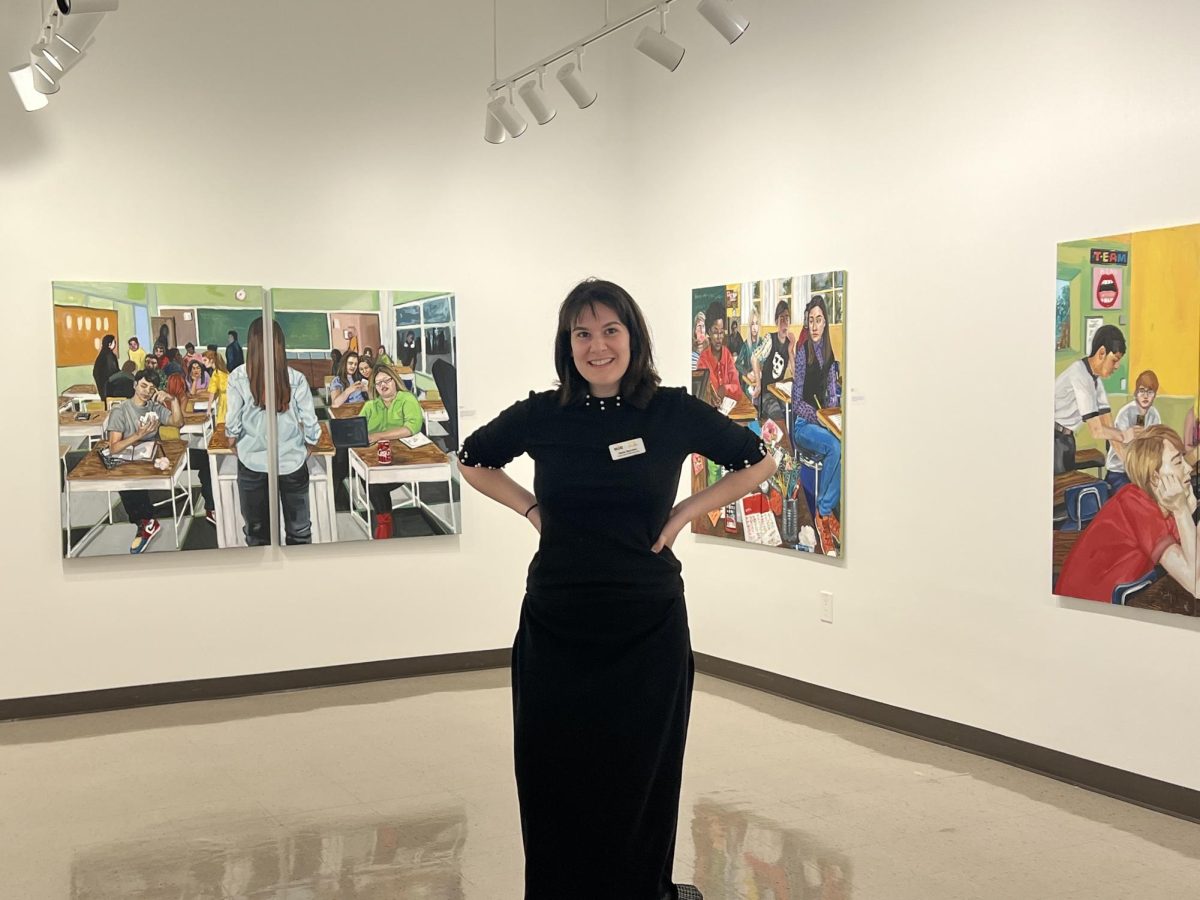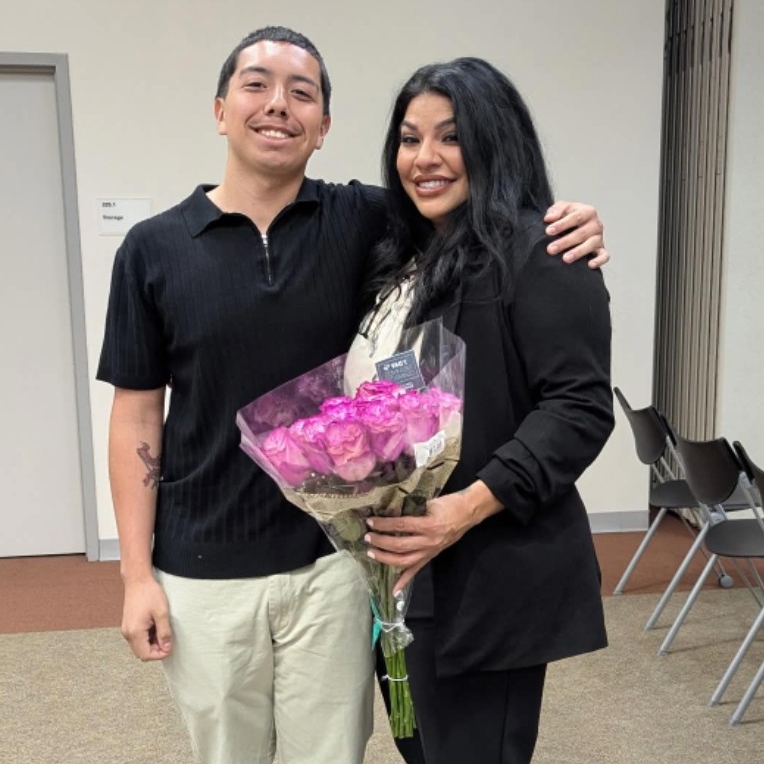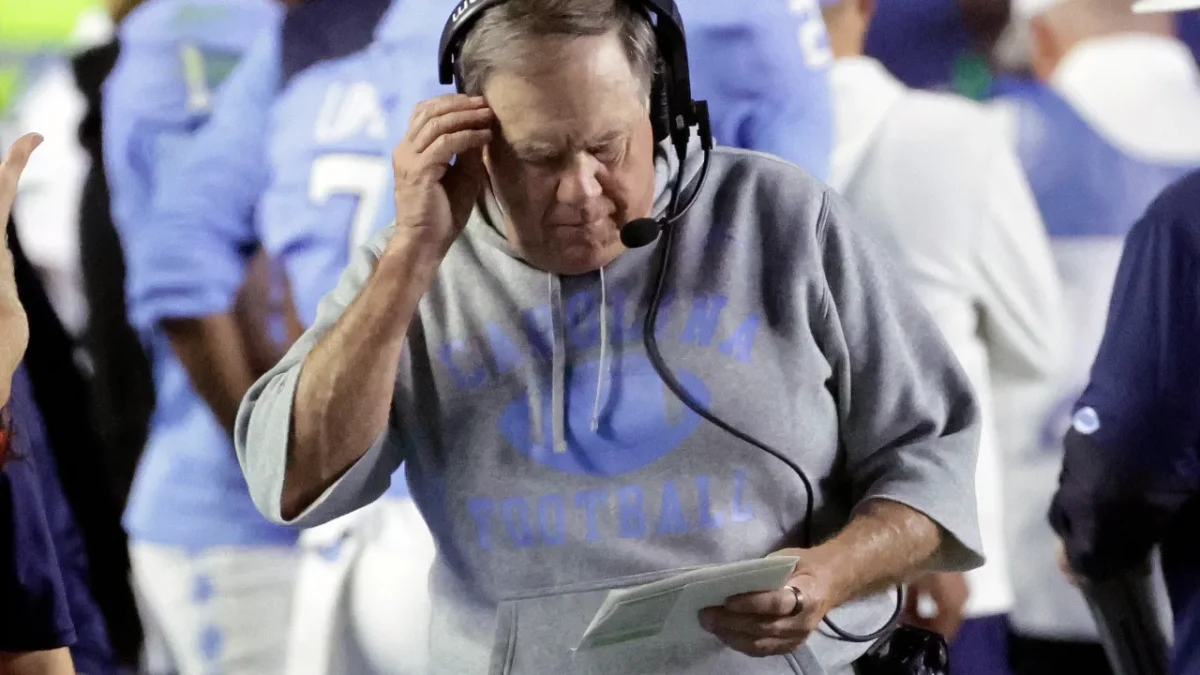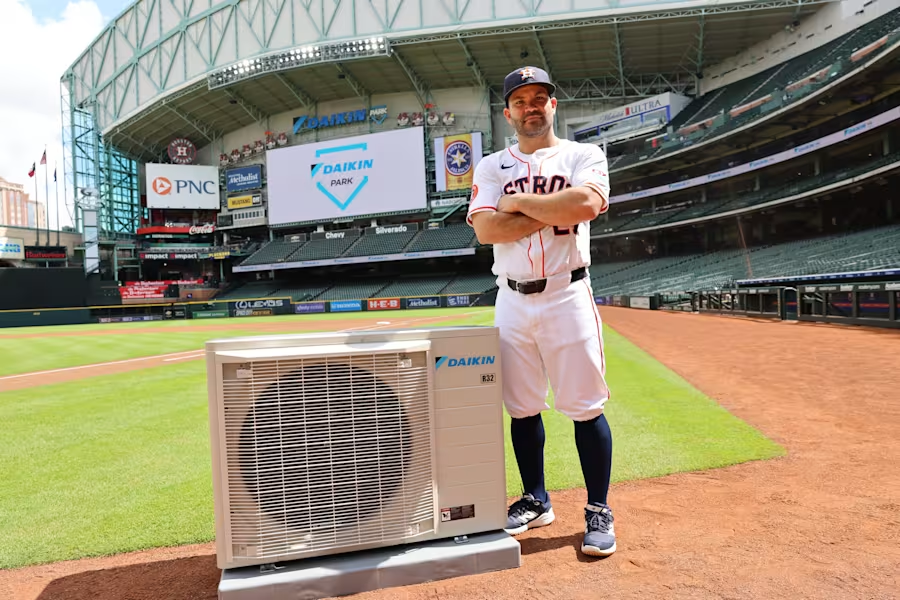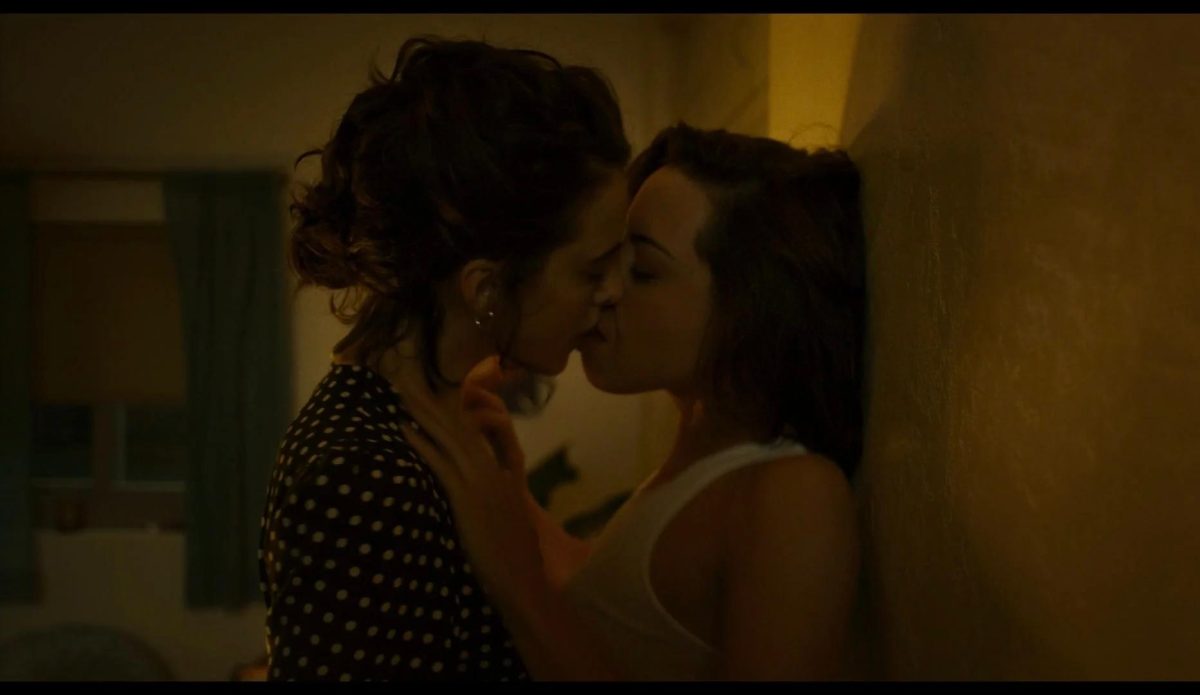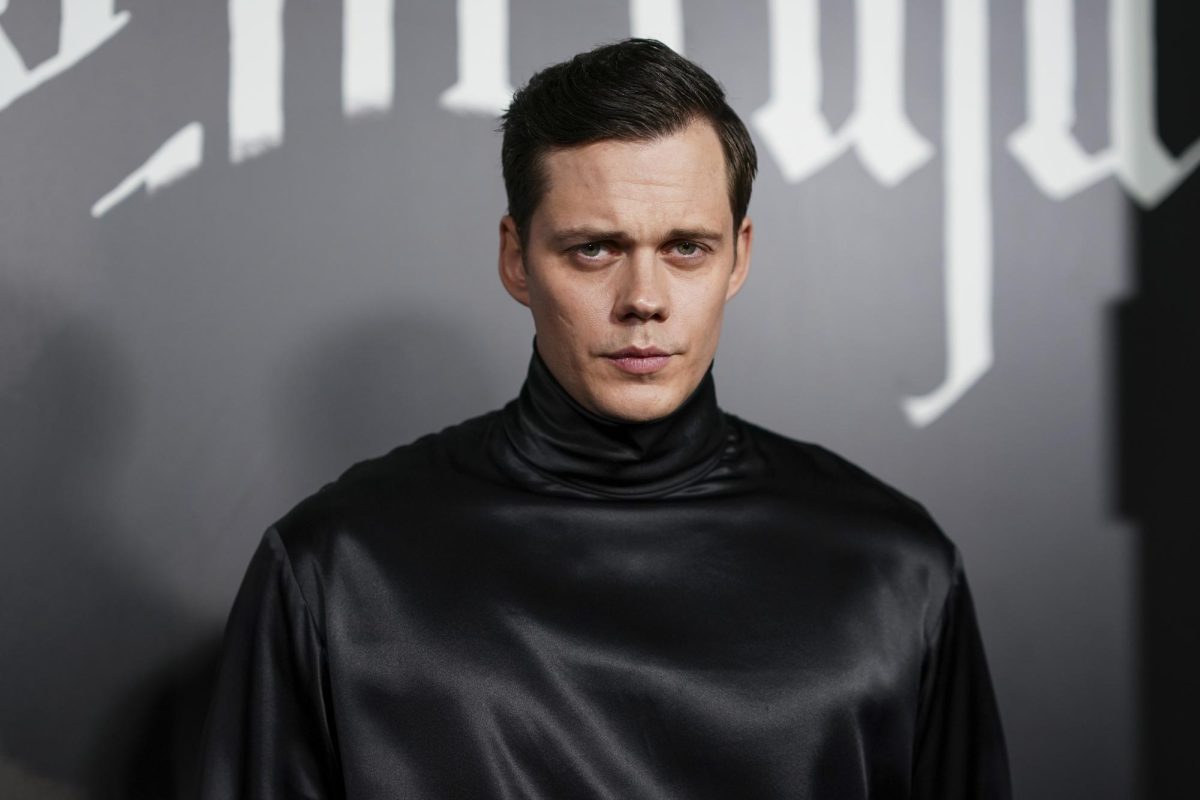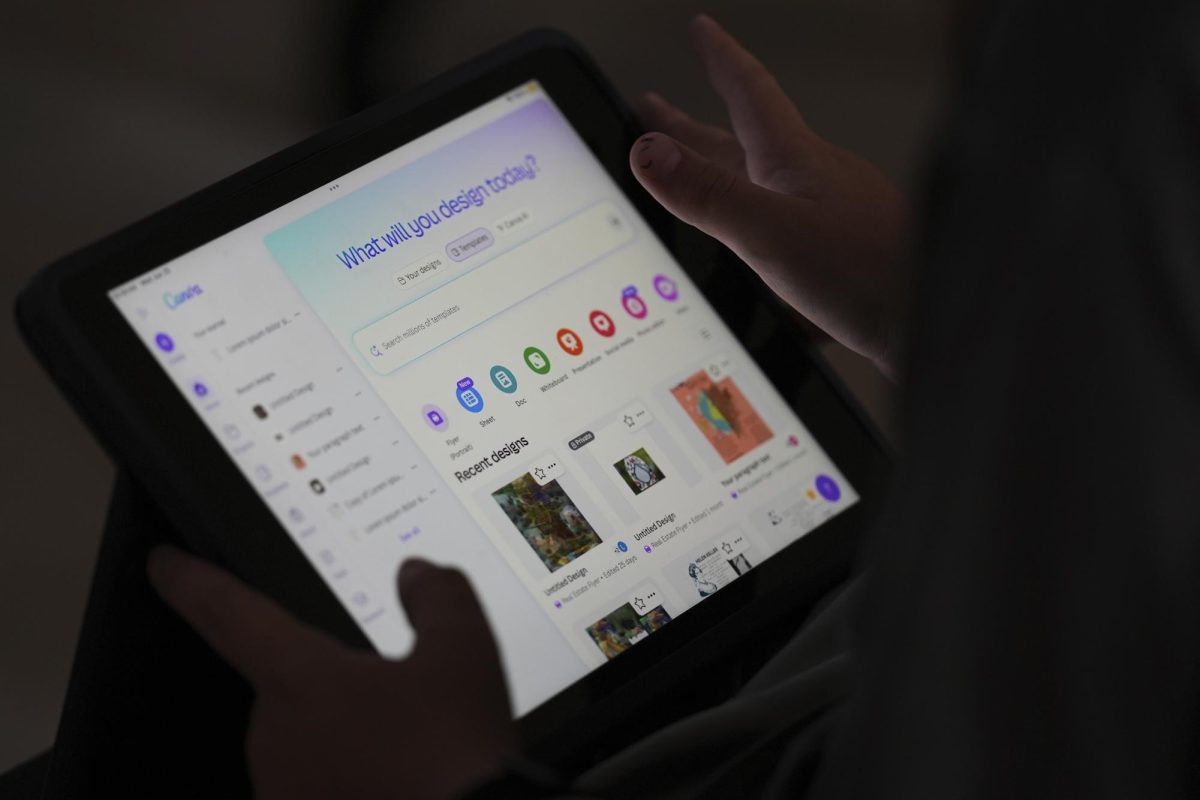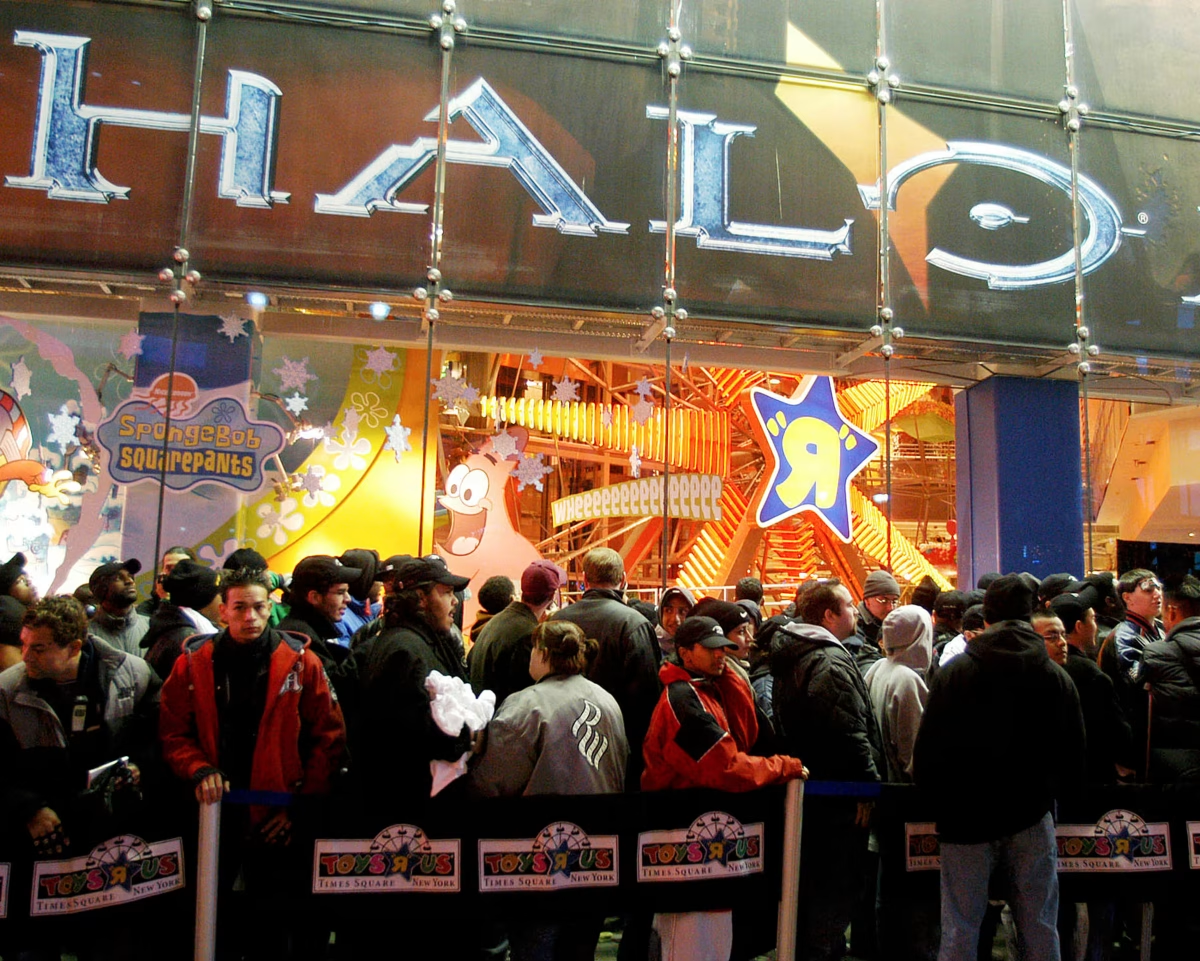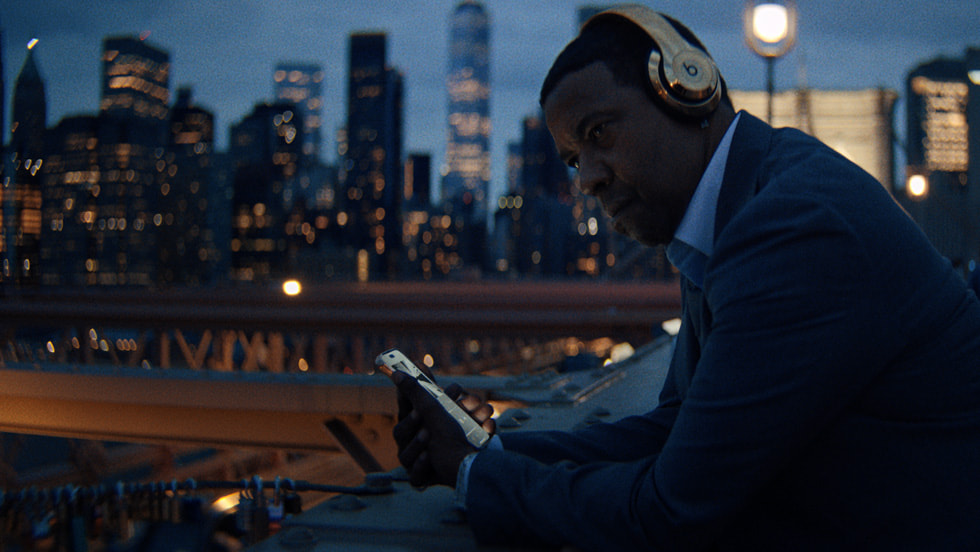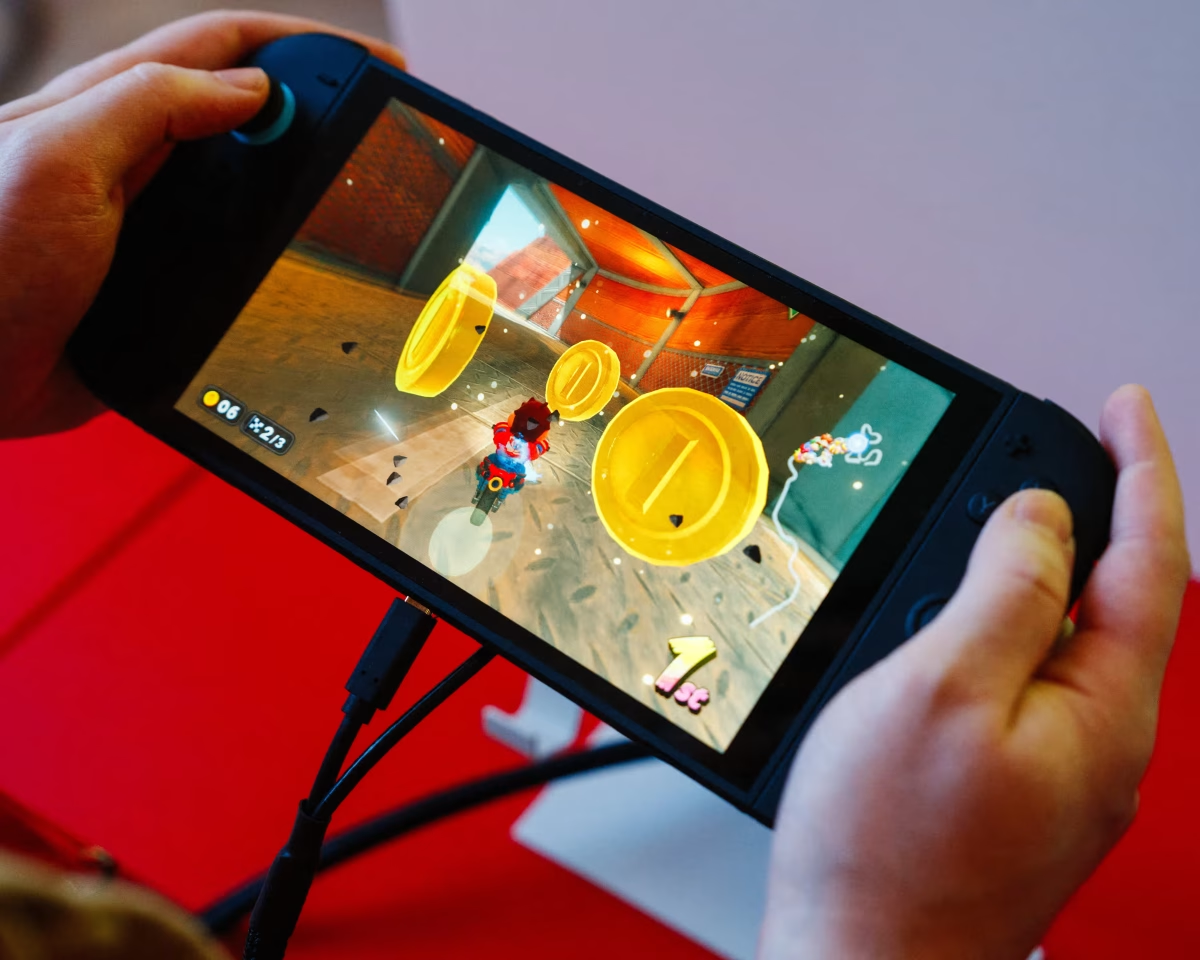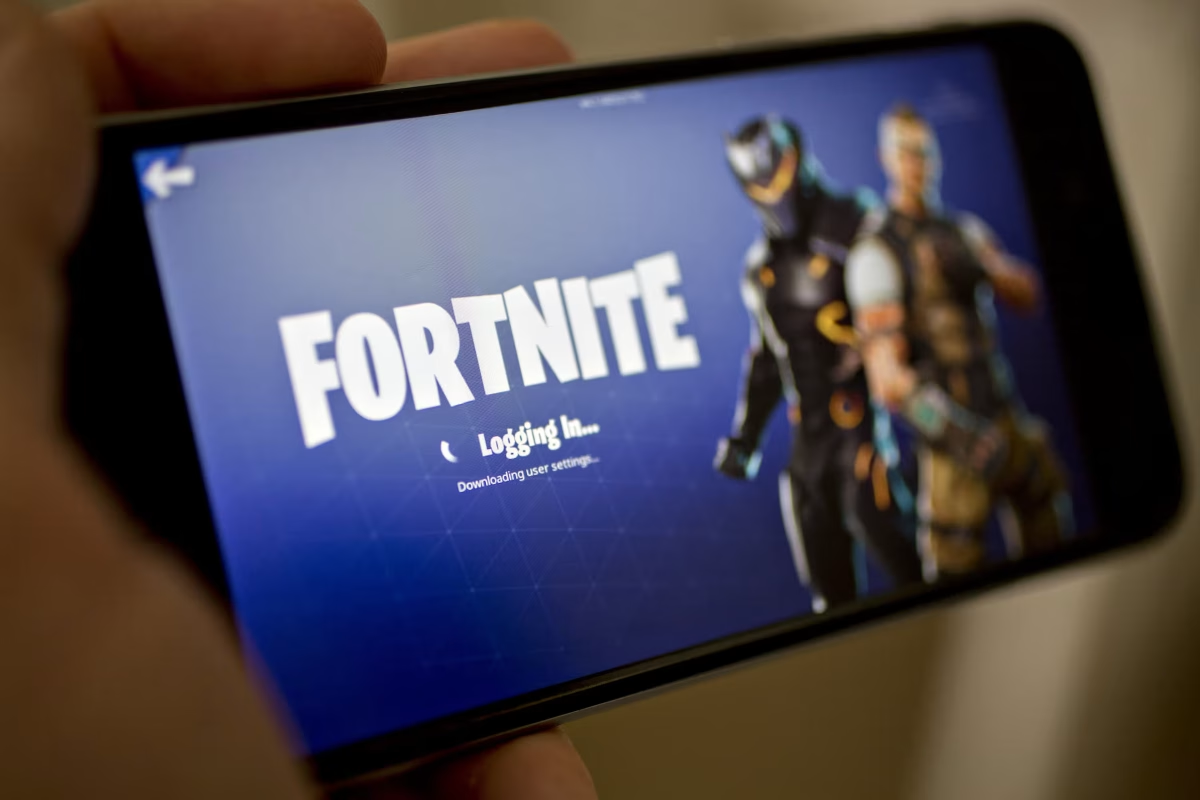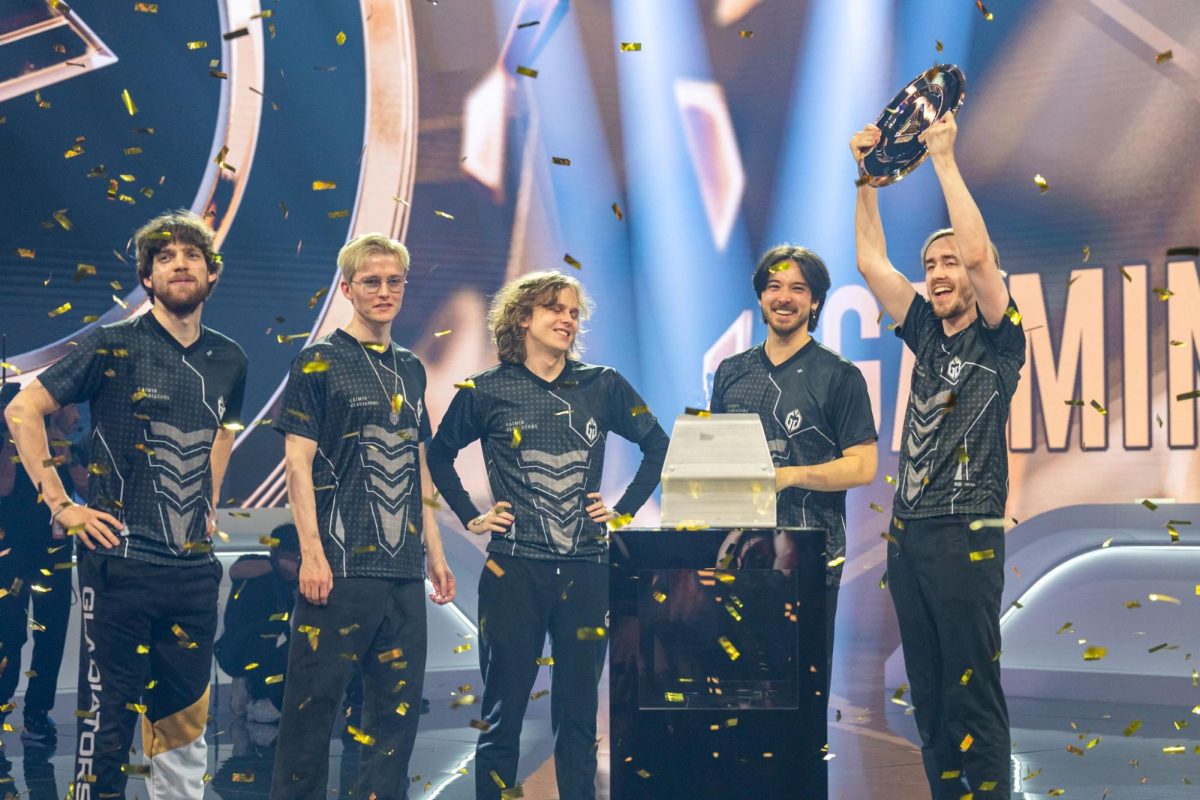There was a time when certain shops would resemble nightclubs at about midnight: a long queue of excitable people, some of them perhaps too young to be out that late, discussing the excitement that awaits inside.
The sight of throngs of gamers looking to get their hands on the latest hardware when the clock strikes 12 is growing increasingly rare. But if you happen to walk by a Smyths toy shop at midnight on 4 June, you may encounter a blast from the past: excitable people, most in their teens or 20s, possibly discussing Mario Kart.
They will be waiting to buy the Nintendo Switch 2, the first major games console launch since 2020 and potentially the biggest of all time.
What’s particularly notable about this launch isn’t the queues but just how few there will be. About 10 years ago, the midnight launch fad started to fade away. More and more players were buying digital copies of games, which meant they could download and start playing them straight away without leaving their homes.
It means that this time around, Smyths is the only UK chain taking part. Even in the States, the home of frenzied launch-day consumerism, only Best Buy and Nintendo’s own stores in San Francisco and New York have confirmed midnight openings.
This is a stark contrast to the noughties and early 2010s. Back then, thanks to the vast global success of the PlayStation, Wii and Xbox consoles, video game launch events for titles such as Call of Duty, Halo and Grand Theft Auto were supported by thousands of stores around the world, and the biggest were extravagantly stage-managed.
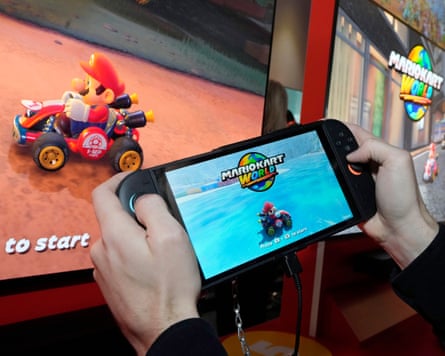
Microsoft’s Halo 3 launch events in the US were accompanied by dozens of actors dressed as space marines; Bill Gates himself showed up at the Seattle branch of Best Buy. In the UK, the Call of Duty Ghosts event at the Westfield in Stratford hired a drill sergeant to yell at customers.
“My favourite was Skyrim,” says Greg Weller, who was then the UK marketing manager for Bethesda Softworks. “We got the specs of Game’s flagship store on Oxford Street and covered the whole front with Elder Scrolls artwork. We put a snow machine on the roof, so we made it snow in November on Oxford Street. We had press there, we had a cosplay competition, there was a humongous queue, and so many people were dressed up – they wanted to be part of the story, part of the community.”
Console launches were a major phenomenon on a par with any movie premiere. For the launch of the Xbox One in 2013, Microsoft took over Leicester Square, building a vast Xbox-branded globe in the centre where the musicians Plan B and Katy B performed. A fortnight earlier, Sony took over the Standard High Line hotel in New York and turned it into a giant video game arcade with developers showing off their wares to thousands of gamers.
For the stores and game publishers, these lavish launch events increased footfall and generated word of mouth and press coverage. For the fans, they were a way to feel part of something. “Growing up as a gamer in the 90s, we were quite ostracised for the hobby,” says Rich Thompson, now a developer and founder of Black Rose Studio in Hull. “But then having shops opening at midnight, it was mind-blowing. When Fallout 4 came out, our local Game store hired a DJ; it was a party atmosphere, there were hundreds of us there. I vividly remember people swapping contact details in the queue – you were among your people.”
It wasn’t all fun and games, however. Midnight launches sometimes descended into chaos. “The problem was, you’d have one shop open in a city centre that’s full of people coming out of the pub,” says Thompson. “Drunk people would come into these launches, cause a scene and refuse to leave. I remember a huge fight breaking out at one Fifa launch night. Getting thrown out of a midnight game launch became a badge of honour.”



